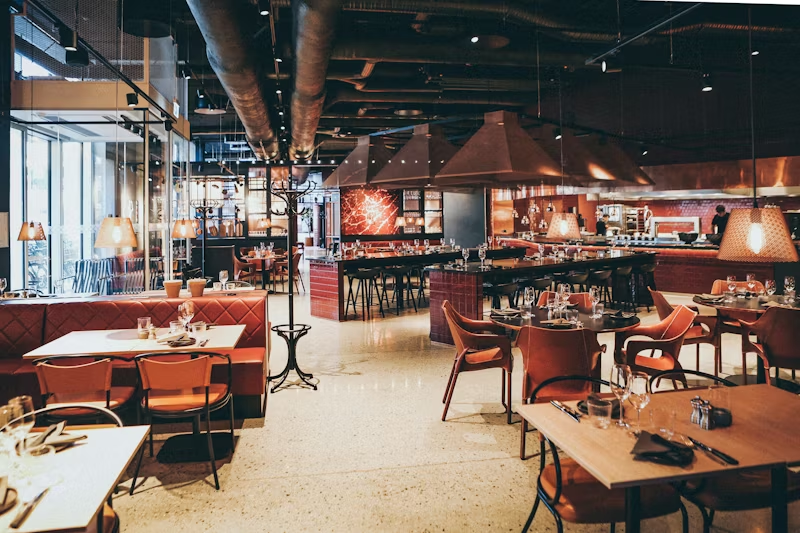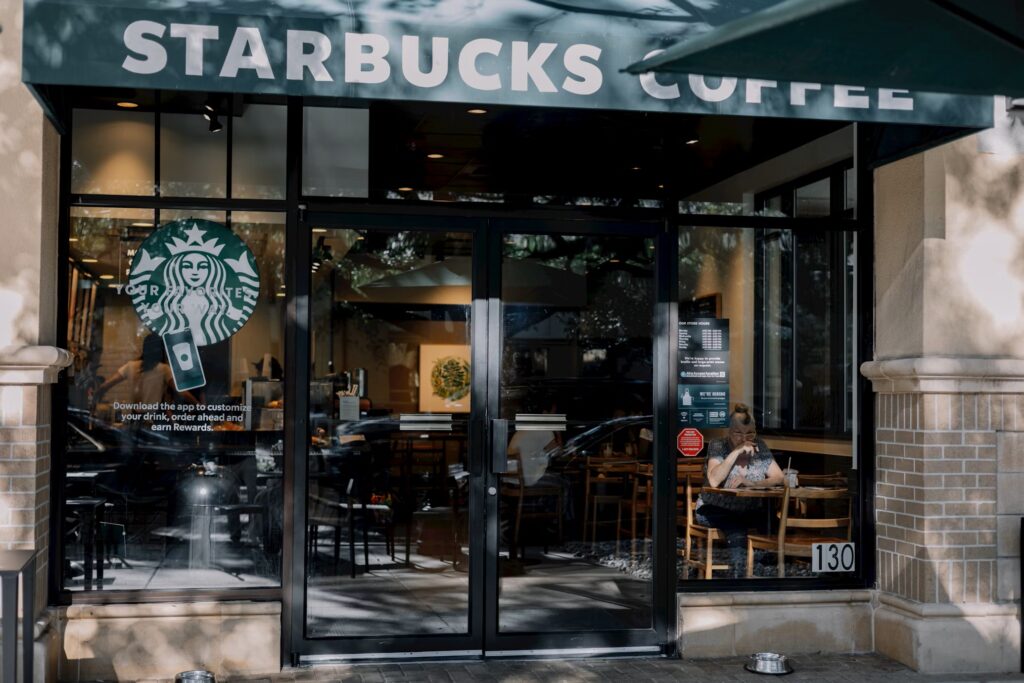Building a successful restaurant goes beyond serving great food and offering stellar service. To ensure ongoing growth and long-term success, it is essential to establish a solid foundation rooted in operational excellence, employee engagement, and sound financial management. Whether you are looking to maintain consistency, adapt to changing trends, or prepare for expansion, each aspect […]
Author Archives: Mitchell Nance
The concept of selling can be driven by a variety of factors, whether it’s post-COVID fatigue, the desire to cash in on your success, or simply reaching an age where you’re ready to step away after years in the industry. Whatever the reason, planning your exit strategy is as crucial as building the restaurant itself. […]
Data is revolutionizing the hospitality industry in numerous ways, from streamlining hotel bookings to optimizing restaurant operations. As technology advances, hospitality businesses are better equipped to gather, analyze, and act on a wealth of data that can help drive growth and profitability. Analytics in the hospitality industry involves using data to make better business decisions, […]
Introduction The hospitality industry is complex, with fluctuating customer demand, seasonality, and high operational costs. Managing finances effectively requires more than just balancing the books, it requires strategic financial leadership that can navigate the unique challenges of this sector. This is where a CFO in hospitality comes into play. By optimizing revenue, controlling costs, and […]
The hospitality industry is a nuanced financial sector with many regulations and compliance pitfalls that require an experienced watchful eye. Whether you own a hotel, a restaurant, or any other business in the sector, staying competitive and profitable in today’s environment requires more than just providing good service. Deep insight into operations, revenue management, cost […]
Navigating the world of restaurant investment can be overwhelming, whether you’re launching your first concept or looking to expand your brand through franchising. Securing the right investment is essential, and having a clear and compelling pitch is key to attracting potential backers. Paperchase specializes in helping restaurant operators craft investor models that not only tell […]
When it comes to managing alcohol invoice processing, time is money. If you’re still relying on manual systems for accounts payable (AP), you’re likely experiencing slowdowns, mistakes, and unnecessary stress. Whether you run a cozy bar, a bustling restaurant, or a QSR, the solution is clear: automate your invoice processing. This can not only save […]
The hospitality sector is dynamic, with constant changes in guest preferences, market demands, and industry standards. To stay competitive and ensure long-term success, hotels must adapt quickly and efficiently to these shifts. One of the most effective ways to achieve this is by leveraging the expertise of hotel consulting firms. These firms provide tailored solutions […]
The hospitality industry can be a complicated financial asset, and the hotel sector is no exception. From tracking revenue and expenses to ensuring compliance with tax regulations, hotel accounting plays a vital role in keeping the business profitable and running smoothly. Hotel accounting services not only ensure that financial operations are accurate and efficient but […]
Taxes can be an overwhelming and stressful part of running a business. Understanding tax regulations, maximizing deductions, and maintaining clear and accurate financial records are critical to the long-term success of your restaurant, but it can hard to know where to start when understanding this nuanced financial topic. Paperchase’s team of expert hospitality finance experts […]
Food and beverage establishments are the cornerstone of social interactions across the globe. Celebrations, business dealings, and even grieving happens over a meal or a beer. Collectively, people rely on the food and beverage industry as a way of life, but also to make a living.
The United Kingdom recently announced its Autumn Budget for 2024. The government sought to use taxes and higher borrowing to finance increased public spending. Here are three of the main takeaways from this year’s budget that operators in the hospitality industry should be aware of:
Despite entering a period of recovery post-pandemic, the restaurant and hospitality
industry is growing as it adapts to evolving consumer trends and a looming potential
recession. At the forefront of this growth is QSR and fast casual franchises.
Paperchase is the leading global hospitality accounting firm. For over 35 years, Paperchase has provided bookkeeping and financial advising to restaurants that drive profitability. Founded in London, the firm now has a global footprint, serving over 3,000 restaurants worldwide.
In the competitive landscape of the restaurant market, maximizing revenue is paramount for success, but what about the hidden profitability metrics that go unnoticed by even the most experienced restauranteurs?

































